Humans
Sign up for our newsletter
We summarize the week's scientific breakthroughs every Thursday.
-
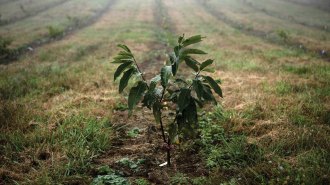 Health & Medicine
Health & Medicine‘Blight’ warns that a future pandemic could start with a fungus
‘The Last of Us’ is fiction, but the health dangers posed by fungi are real, a new book explains.
-
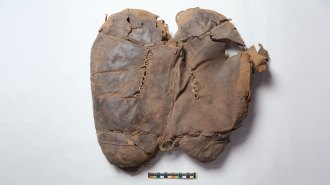 Archaeology
ArchaeologyThe oldest known horseback riding saddle was found in a grave in China
The well-used saddle, dated to more than 2,400 years ago, displays skilled leather- and needlework. Its placement suggests its owner was on a final ride.
By Bruce Bower -
 Health & Medicine
Health & MedicineMany sports supplements have no trace of their key ingredients
A chemical analysis of 57 supplements found that 40 percent had undetectable amounts of key ingredients. Only 11 percent had accurate amounts.
By Meghan Rosen -
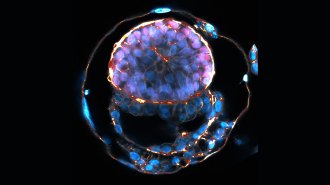 Humans
HumansHuman embryo replicas have gotten more complex. Here’s what you need to know
Lab-engineered human embryo models created from stem cells provide a look at development beyond the first week. But they raise ethical questions.
-
 Archaeology
ArchaeologyHow an ancient solar flare illuminated the start of the Viking Age
Improved radiocarbon dating aided by a solar flare in the year 775 sheds light on the early days of Vikings and global trading in medieval times.
-
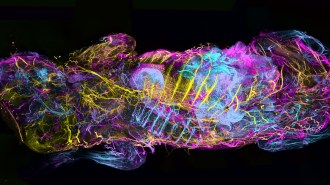 Health & Medicine
Health & MedicineWith a new body mapping technique, mouse innards glow with exquisite detail
Removing cholesterol from mouse bodies lets fluorescently labeled proteins infiltrate every tissue, helping researchers to map entire body systems.
-
 Psychology
PsychologyTime in nature or exercise is touted for happiness. But evidence is lacking
A review of hundreds of studies finds limited strong scientific evidence to support many common recommendations for leading a happier life.
-
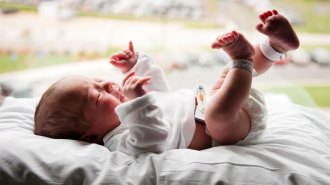 Health & Medicine
Health & Medicine‘Milking’ umbilical cords may help some sickly newborns
Taking a few seconds to push umbilical cord blood into a baby’s belly could provide extra essential nutrients. But questions about the practice remain.
-
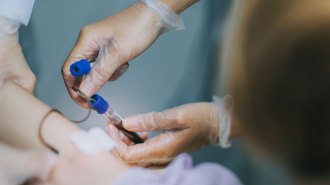 Health & Medicine
Health & MedicineIron deficiency goes unnoticed in too many U.S. female adolescents
Low iron causes problems from dizziness to severe anemia. It’s time to reevaluate screening guidelines to catch the problem earlier, an expert argues.
By Skyler Ware -
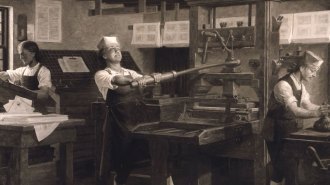 Chemistry
ChemistryHow Benjamin Franklin fought money counterfeiters
Researchers are confirming some of the techniques that Benjamin Franklin and his associates used to help early American paper currency succeed.
-
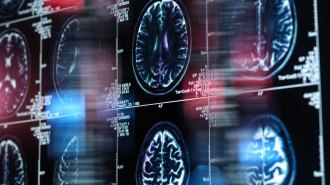 Health & Medicine
Health & MedicineNew Alzheimer’s drugs are coming. Here’s what you need to know
Several new drugs that target brain plaques slow mental decline in people with Alzheimer’s disease. But they are not for everyone, researchers caution.
-
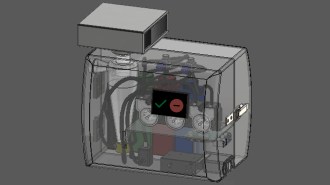 Health & Medicine
Health & MedicineA new device can detect the coronavirus in the air in minutes
The detector can sense as a few as seven to 35 coronavirus particles per liter of air — about as sensitive as a PCR test but much quicker.